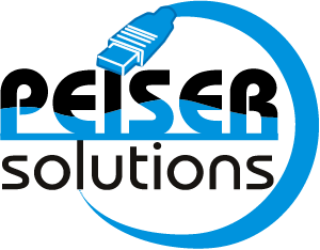By Dave Peiser
I’ve been spending a lot of time lately looking for the best solutions for getting rid of spam, also known as junk email. It’s obviously a plague on all who attempt to communicate with email, unless of course, you work for a big company that has spent big bucks to keep the stuff off your network.
For a number of years I’ve recommended client-based solutions; i.e. install software on your PC that looks at all incoming mail and puts the bad stuff in a separate folder or deletes it for you. I am now, however, convinced that the only way to deal with spam is to get rid of it before it gets to your computer or network.
There are a lot of services now available, for low cost, that will clean your email of viruses, spyware and junk email, before sending it on to you, and I will talk about that in a future post. Today, I will talk about a free solution that I implemented for two customers this week. And, that free solution is Google Gmail.
One of my clients, who has their own domain name, that I will call companyname.com for explaining what I did, was set up to use a POP3 type connection for downloading email into Microsoft Outlook. Their email hosting company was doing an awful job filtering out spam. In particular, they had an info@companyname.com address that was on their website for years, and was bombarded with junk. For the info account, I created a Gmail account with the address info.companyname@gmail.com. I set their info@companyname.com address to forward all email to the info.companyname@gmail.com address, and then set Microsoft Outlook to download email from the Gmail account. Incoming spam went from 500 per day to zero!
For another client, who was using Microsoft Exchange Server for their email and was downloading email with a POP3 connection, I needed to take one additional step. Gmail requires an encrypted connection when downloading email, which is not possible using the POP connector in Exchange. So, I created a new account at their web/email host, and set the Gmail account to automatically forward to this new account. Then set the Exchange POP connector to download from the new account. So now, email comes into the publically-known email address, gets sent to Gmail for cleaning, and then gets sent back to the private email address that is brought into Exchange and Outlook.
By the way, I need to thank June Mattiza at the Media Collective for this suggestion.
Cheers!

